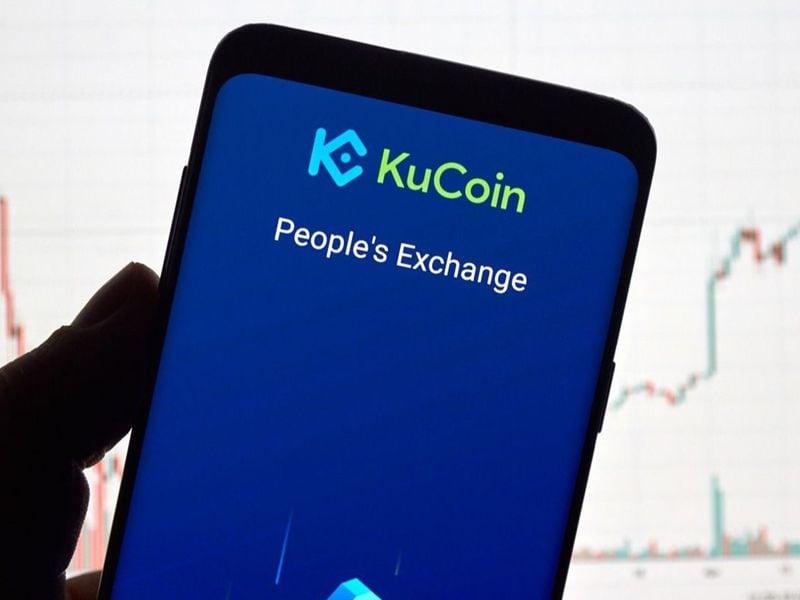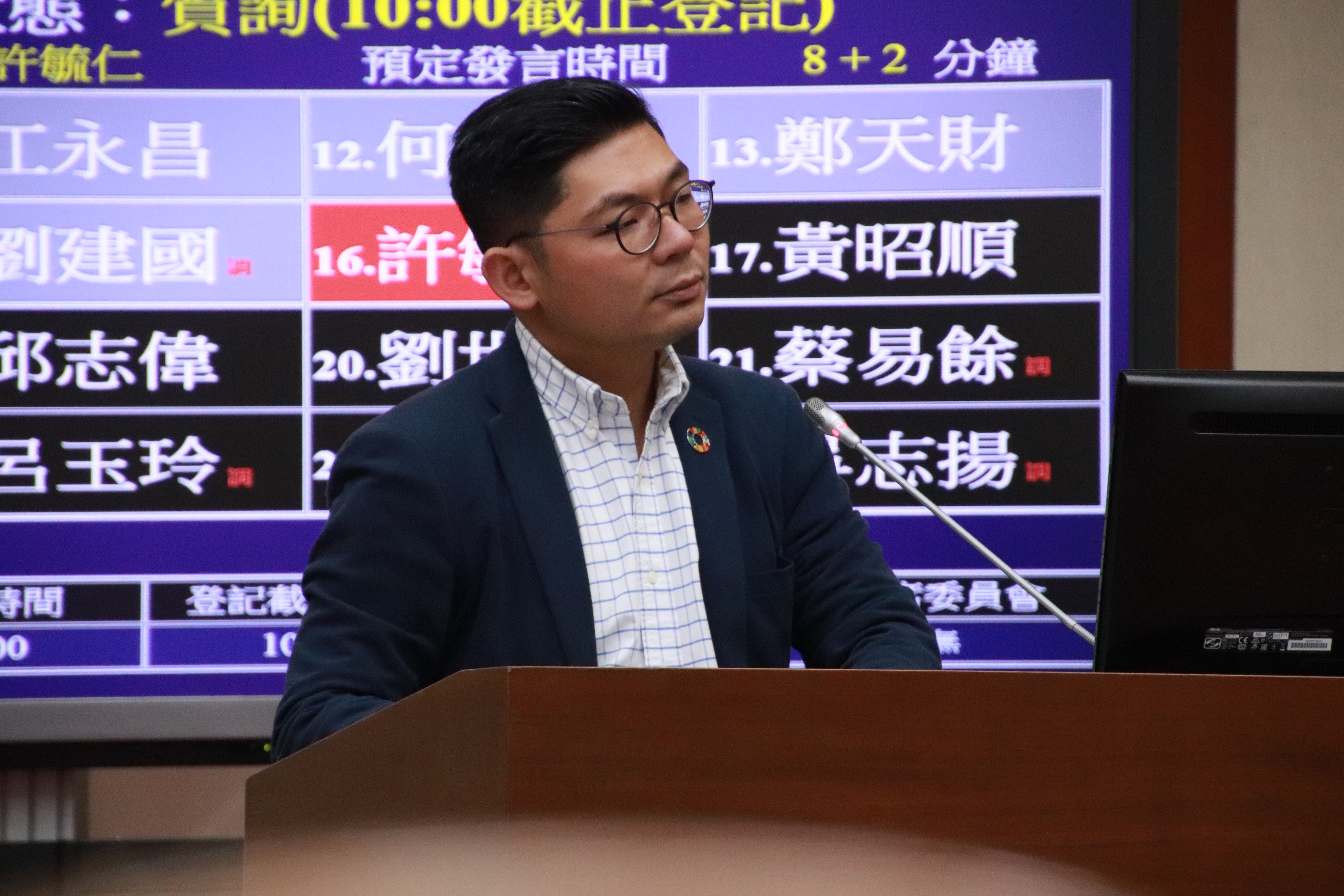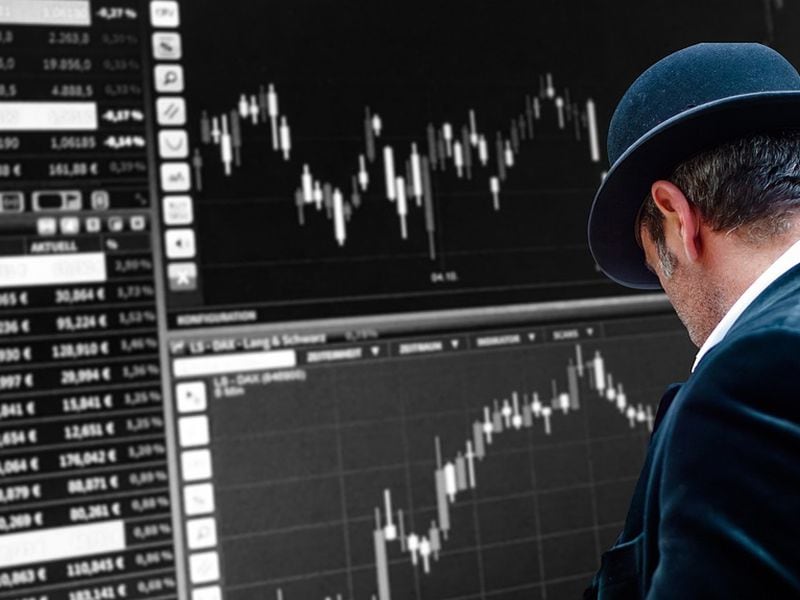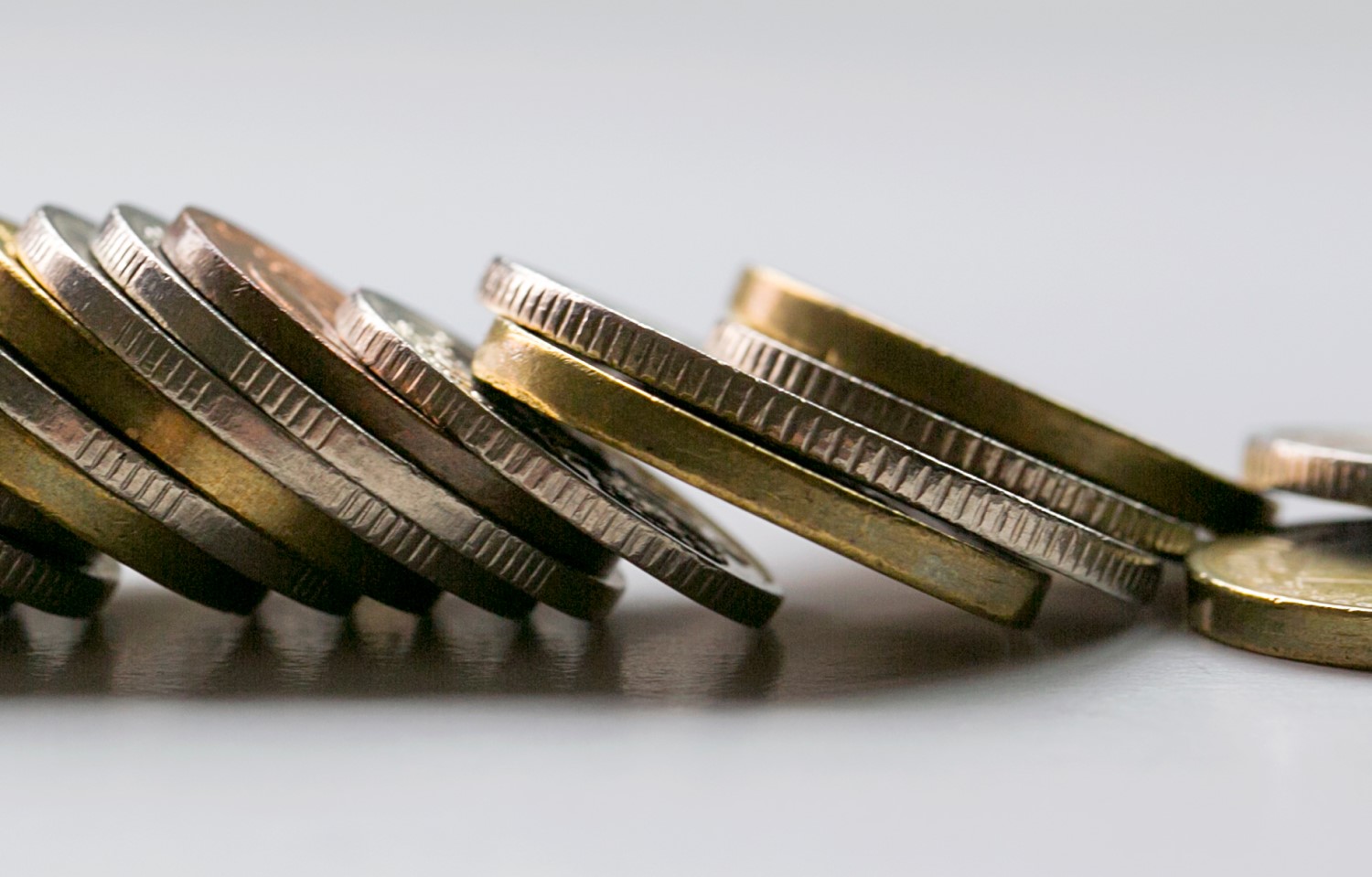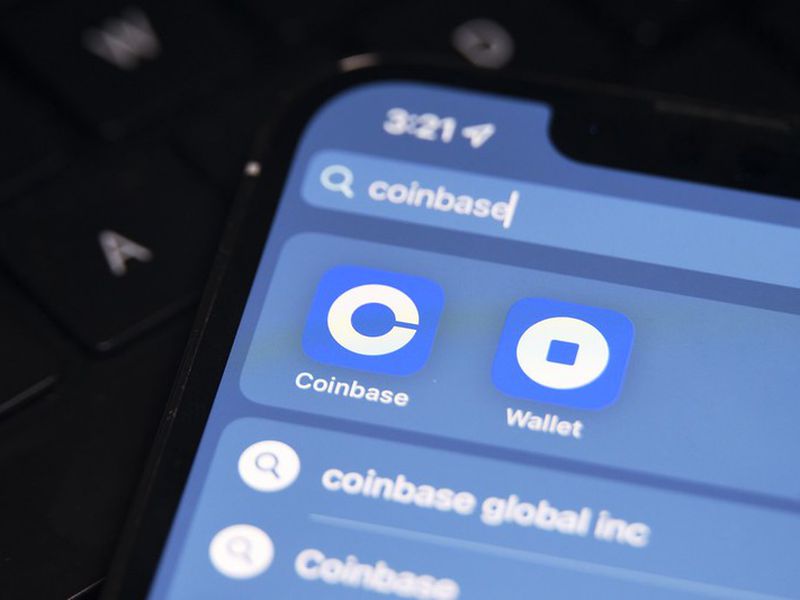Ethereum’s Shanghai Upgrade Only a Small Step Forward: Bank of America
Join the most important conversation in crypto and Web3 taking place in Austin, Texas, April 26-28.
:format(jpg)/downloads.coindesk.com/arc/failsafe/user/1x1.png)
Will Canny is CoinDesk’s finance reporter.
Join the most important conversation in crypto and Web3 taking place in Austin, Texas, April 26-28.
Ethereum first introduced the idea of blockchain operating systems compatible with smart contracts and decentralized applications, but the platform suffers from limited throughput despite benefiting from this first-mover advantage, Bank of America (BAC) said in a research report from last week.
The Shanghai upgrade (aka Shapella), due to occur later today, will enable validators to withdraw staked ether (ETH) and rewards that have been locked up.
The Shappella upgrade does not address scalability, “but acts as a precursor for future upgrades, providing a small step forward,” analysts Alkesh Shah and Andrew Moss wrote.
Bank of America sees Ethereum upgrades as “significant technological accomplishments, but not necessarily more significant or advanced than those implemented by next-generation blockchains that have emerged as viable alternatives.”
The bank says Ethereum’s likely inability to increase throughput in the short term, and increasing competition from alternative blockchains will constrain its adoption and usage.
Ethereum’s “long-term viability” is dependent on the execution of its development roadmap, the report said. This includes the implementation of a sharding approach called Danksharding, which aims to reduce the costs of transactions originating on scaling solutions and cut the processing and storage requirements for validators.
However, Danksharding is still years away, which increases the risk that developers will move to other blockchains to build applications, the note said.
The main concern around the Shanghai liquidity event is that validators could withdraw and sell staked ETH, which makes up 16% of the total ETH supply, but the withdrawal process is designed to “prevent a short-term mass exodus of validators and the resulting security risks,” the note added.
The bank expects heightened volatility around the upgrade due to decreased liquidity, derivatives activity, and because of the ether price action seen around the previous upgrade, the Merge.
Edited by Parikshit Mishra.
DISCLOSURE
Please note that our
privacy policy,
terms of use,
cookies,
and
do not sell my personal information
has been updated
.
The leader in news and information on cryptocurrency, digital assets and the future of money, CoinDesk is a media outlet that strives for the highest journalistic standards and abides by a
strict set of editorial policies.
CoinDesk is an independent operating subsidiary of
Digital Currency Group,
which invests in
cryptocurrencies
and blockchain
startups.
As part of their compensation, certain CoinDesk employees, including editorial employees, may receive exposure to DCG equity in the form of
stock appreciation rights,
which vest over a multi-year period. CoinDesk journalists are not allowed to purchase stock outright in DCG
.
:format(jpg)/downloads.coindesk.com/arc/failsafe/user/1x1.png)
Will Canny is CoinDesk’s finance reporter.
Learn more about Consensus 2023, CoinDesk’s longest-running and most influential event that brings together all sides of crypto, blockchain and Web3. Head to consensus.coindesk.com to register and buy your pass now.
:format(jpg)/downloads.coindesk.com/arc/failsafe/user/1x1.png)
Will Canny is CoinDesk’s finance reporter.


